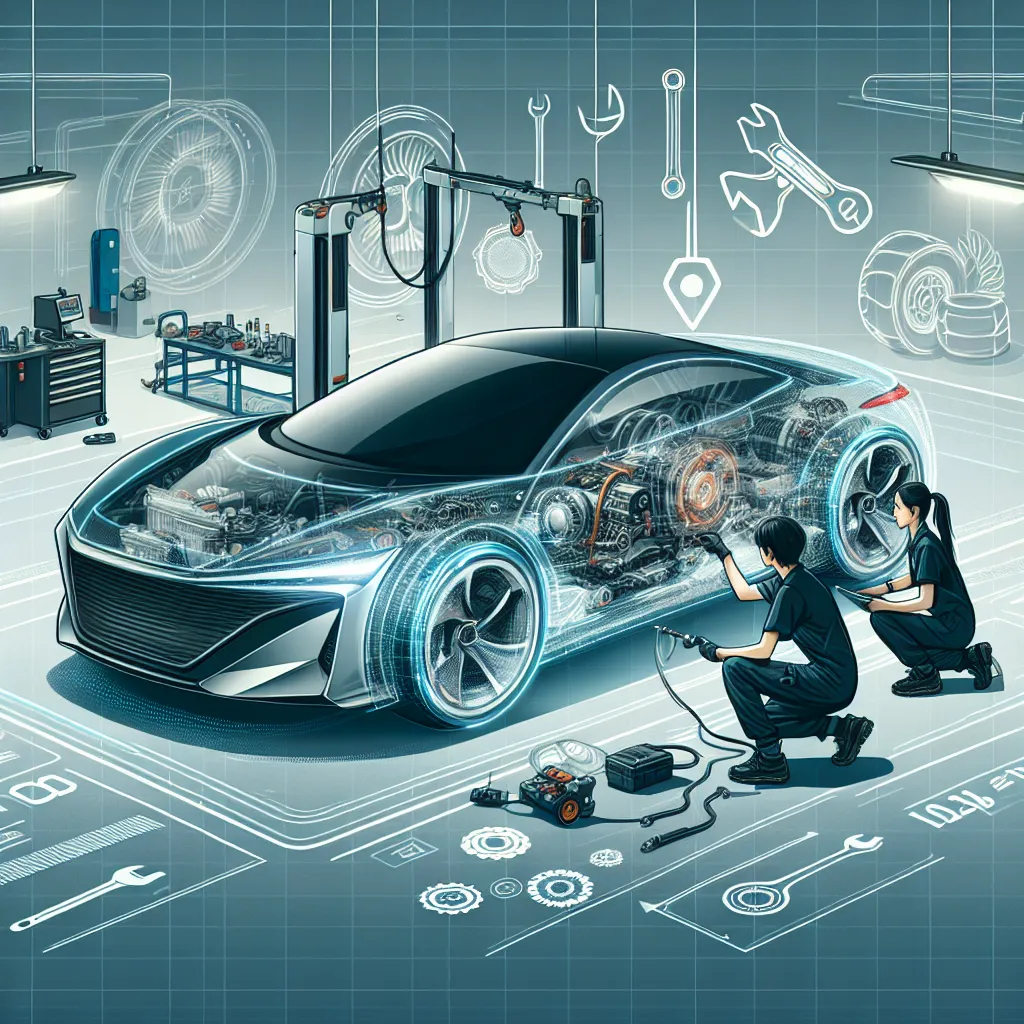The Power of Proper Tire Inflation
Underinflated tires can increase your car's fuel consumption by up to 3%. They also wear out quicker, meaning you'll need to replace them more often. Regularly checking your tire pressure and keeping them properly inflated can save you money and enhance your car's performance. Many modern vehicles are equipped with tire pressure monitoring systems (TPMS), but it's always good practice to manually check your tire pressure monthly using a reliable gauge.
The Importance of Regular Oil Changes
Oil is the lifeblood of your engine. It lubricates moving parts, reduces friction, and prevents overheating. Skipping oil changes can lead to engine damage and costly repairs. While the traditional wisdom recommends changing your oil every 3,000 miles or 3 months, advancements in synthetic oils and engine technology mean that many modern cars can go up to 10,000 miles between changes. Always refer to your vehicle's manual for the manufacturer's recommended oil change interval.
The Role of Clean Air Filters
A clean air filter allows your engine to breathe more easily, improving fuel efficiency and performance. A clogged filter can reduce acceleration by 6-11%, according to the U.S. Department of Energy. Many manufacturers recommend replacing air filters every 12,000 to 15,000 miles, but if you frequently drive in dusty conditions, you may need to change them more often.
The Impact of Brake Maintenance
Brakes are arguably your car's most vital safety feature. Regular brake maintenance can prevent costly repairs and dangerous situations on the road. This includes checking the brake fluid, which absorbs moisture over time and can lead to reduced braking efficiency if not replaced. Mechanics recommend changing brake fluid every two years or 30,000 miles.
The Necessity of Battery Care
A failing battery can leave you stranded. Regular battery care can ensure you always have the power you need to get from point A to point B. This includes keeping the battery clean (dirt and grease serve as a conductor which drains battery power), ensuring it's securely mounted to prevent vibration (which can lead to internal damage), and checking the electrolyte level in non-maintenance-free batteries.
Conclusion
While these maintenance tasks may seem minor, they can significantly impact your car's performance and longevity. By incorporating these insights into your maintenance routine, you can ensure your vehicle remains reliable, safe, and efficient. Remember, the key to successful car maintenance is consistency, so make these tasks part of your regular upkeep, and your vehicle will thank you for it.
